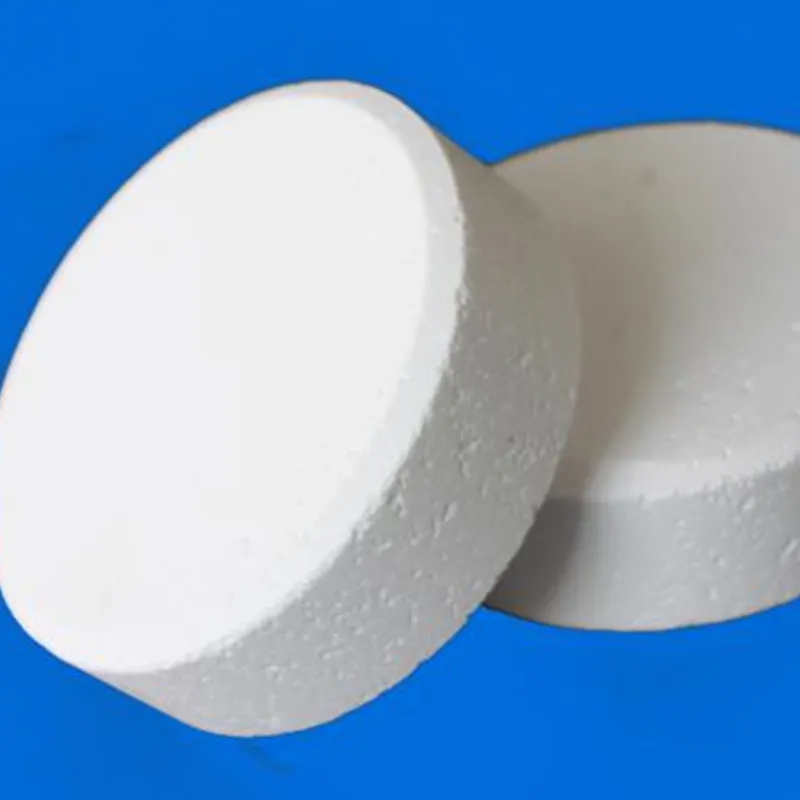
monosodium glutamate vegan
Monosodium Glutamate and Veganism Understanding the Connection
Monosodium glutamate, commonly known as MSG, is a flavor enhancer widely used in the food industry to provide an umami taste. With the rise of veganism and plant-based diets, questions about the suitability of MSG in vegan cooking have come to the forefront. This article delves into what MSG is, its origins, its impact on health, and its place in vegan cuisine.
Understanding Monosodium Glutamate
MSG is the sodium salt of glutamic acid, an amino acid that occurs naturally in many foods, including tomatoes, cheese, and mushrooms. It was first isolated in 1908 by Japanese biochemist Kikunae Ikeda, who recognized that the distinct flavor found in kelp broth could enhance savory dishes. Since then, MSG has been synthesized in laboratories and is used in a variety of food products, from snacks to sauces, to intensify flavors.
Is MSG Vegan?
From a dietary perspective, MSG is generally considered vegan. Its production involves fermentation processes that use plant-based sources, such as starch or sugar, to derive glutamic acid. There are no animal products involved in its synthesis or formulation, making it acceptable for vegans and vegetarians alike. It’s important to note that, while MSG itself is vegan, the foods it is found in may not be. Processed foods containing MSG may also include non-vegan ingredients, so reading labels is crucial for a vegan diet.
Health Considerations
monosodium glutamate vegan

MSG has been subject to controversy regarding its safety and health implications. Some individuals report experiencing symptoms like headaches and nausea after consuming MSG, a condition sometimes referred to as Chinese Restaurant Syndrome. However, scientific studies have largely debunked claims that MSG poses significant health risks to the general population, and regulatory agencies like the FDA have classified it as safe for consumption.
Moderation is key, as with all food additives. For most people, MSG does not negatively affect health when consumed in normal amounts. However, for those with specific sensitivities, it may be prudent to monitor intake and avoid high concentrations.
MSG in Vegan Cooking
For those following a vegan lifestyle, MSG can be a valuable ingredient in creating depth of flavor without the addition of animal products. Many plant-based dishes can benefit from the umami kick that MSG provides, making it easier to enjoy satisfying flavors in meals like vegan stews, soups, or sauces.
Additionally, there are plenty of natural sources of glutamate that can provide a similar flavor profile. Many vegans turn to ingredients such as nutritional yeast, miso, and certain fermented foods that naturally contain high levels of glutamate.
Conclusion
In summary, monosodium glutamate is a vegan-friendly flavor enhancer that can enrich plant-based diets. While it has been surrounded by various health-related controversies, it remains generally recognized as safe and can be enjoyed in moderation. For vegans looking to enhance the umami flavors in their dishes, MSG offers a potent option. However, it’s essential to read labels and consider the overall healthfulness of processed foods. Embracing both MSG and natural alternatives can lead to a more flavorful and enjoyable vegan culinary experience.
-
Aluminum Hydroxide: Quality Gels & Dried Gel AntacidNewsAug.31,2025
-
Buy High-Quality Trichloroisocyanuric Acid for Sale | TCCA 90% SupplierNewsAug.30,2025
-
Pure Sodium Dichloroisocyanurate Dihydrate | Powerful DisinfectantNewsAug.29,2025
-
Industrial Chemicals: Quality & Purity for Every IndustryNewsAug.28,2025
-
Nitrile Rubber Honoring Strict Production StandardsNewsAug.22,2025
-
Aspartame Ingredients Honoring Food Safety ValuesNewsAug.22,2025
-
Fertilizer for Balanced Plant NutritionNewsAug.22,2025
Hebei Tenger Chemical Technology Co., Ltd. focuses on the chemical industry and is committed to the export service of chemical raw materials.
-

view more DiethanolisopropanolamineIn the ever-growing field of chemical solutions, diethanolisopropanolamine (DEIPA) stands out as a versatile and important compound. Due to its unique chemical structure and properties, DEIPA is of interest to various industries including construction, personal care, and agriculture. -

view more TriisopropanolamineTriisopropanolamine (TIPA) alkanol amine substance, is a kind of alcohol amine compound with amino and alcohol hydroxyl, and because of its molecules contains both amino and hydroxyl. -

view more Tetramethyl Thiuram DisulfideTetramethyl thiuram disulfide, also known as TMTD, is a white to light-yellow powder with a distinct sulfur-like odor. It is soluble in organic solvents such as benzene, acetone, and ethyl acetate, making it highly versatile for use in different formulations. TMTD is known for its excellent vulcanization acceleration properties, which makes it a key ingredient in the production of rubber products. Additionally, it acts as an effective fungicide and bactericide, making it valuable in agricultural applications. Its high purity and stability ensure consistent performance, making it a preferred choice for manufacturers across various industries.





